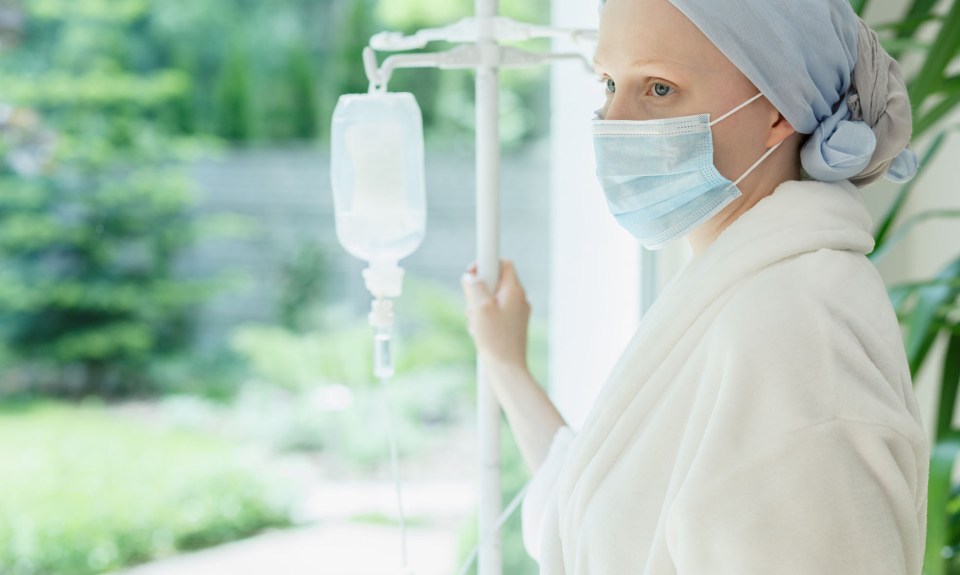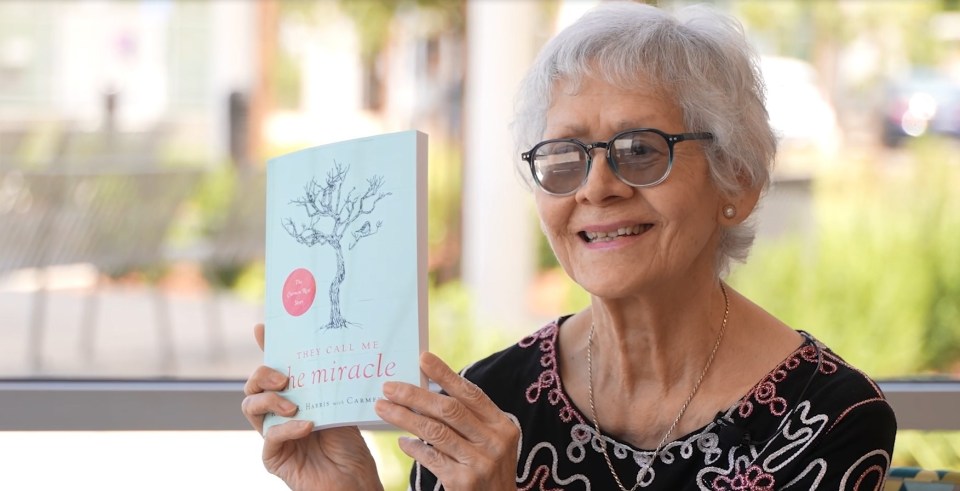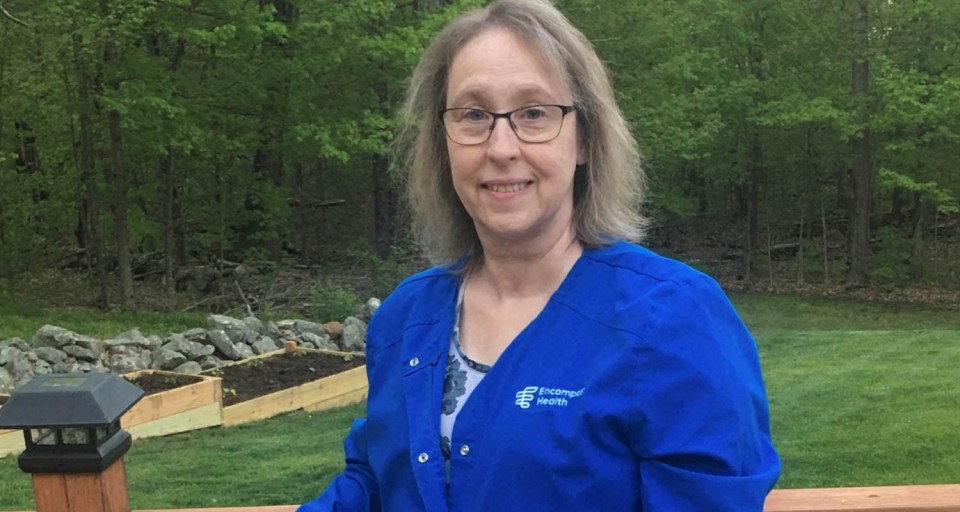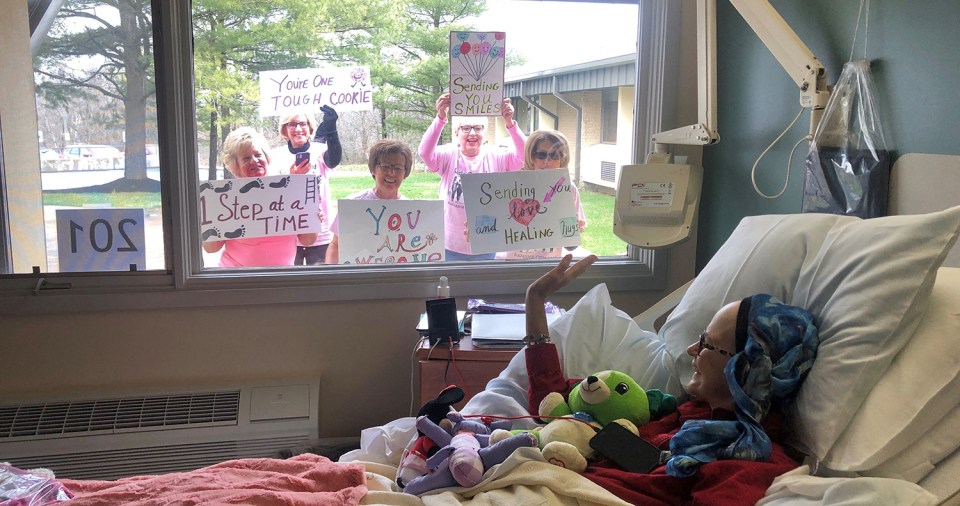Cancer can affect multiple aspects of a person’s well-being, impacting their physical, mental and functional abilities. If you or a loved one is battling cancer and the the side effects of its treatments, you could benefit from inpatient rehabilitation. Oncology rehab programs provide advanced technologies and treatments targeting all affected areas for an improved quality of life.
When beginning any oncology rehabilitation program, a team of rehabilitation experts gets to know your prognosis and future treatment plans, discussing your expectations and goals. The team then creates a personalized plan of care for you, addressing specific needs for a comprehensive approach to oncology rehabilitative care.
Who could Benefit from Oncology Rehabilitation?
If you have undergone surgery to remove cancer, you could benefit from rehabilitation. Or maybe you are preparing to receive chemotherapy or are in between rounds of treatments and want to build up your strength. The intense therapy offered at an inpatient rehabilitation hospital can help those with cancer do just that. Rehabilitation hospitals provide patients with a hospital level of care combined with individualized therapy plans to help your reach your highest level of independence. Your therapy plan will be tailored around your diagnosis and personal goals.
Ways Rehabilitation could Help
- Strength: Patients in a rehabilitation hospital will receive therapy three hours a day, five days a week. Therapy will be tailored to the ability of the patient and can be spread out throughout the day. During these sessions, physical and occupational therapists help you work on self care and living independently while building up strength.
- Functionality: After surgery or chemo, moving around as you once did can be challenging. Oncology rehab can help restore functional mobility
- Nutrition: A dietitian will match your caloric and nutritional needs with foods you enjoy
- Mental health/relaxation: Many rehabilitation hospitals offer support groups, aroma therapy, pet therapy and music therapy
Reaching for the Right Oncology Rehab Program at the Right Time
To ensure you get the most out of your rehabilitation, you must first be medically stable and able to tolerate three hours of therapy a day, five days a week. Therapy will likely include both physical and occupational therapy and can be spread out throughout the day to allow for rest breaks. Once admitted into a rehabilitation program, you may be evaluated in the following areas:
- Cancer diagnosis
- Cancer/paraneoplastic syndromes
- Complications of immobility/inactivity
- Issues resulting from medical treatment
- Issues resulting from surgical intervention
Working One-on-One
Working with each patient on an individual basis, your oncology rehab treatment team could include:
- Board-certified physiatrist
- Case manager/social worker
- Dietitian
- Internal medicine/medical oncologist
- Occupational therapists
- Pharmacist
- Physical therapists
- Rehabilitation nurses specializing in rehabilitation
- Speech-language pathologists
- Wound care specialist
Prioritizing Your Goals
All of your team members should be focused on one goal—to get you back home with a higher quality of life by closely working with you and your family to:
- Improve functioning by maximizing ability at home, work and in the community
- Manage symptoms and pain management
- Support caregivers through education and equipment
The content of this site is for informational purposes only and should not be taken as professional medical advice. Always seek the advice of your physician or other qualified healthcare provider with any questions you may have regarding any medical conditions or treatments.



